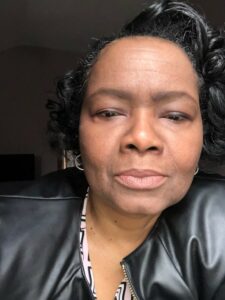
Today we’d like to introduce you to Brinda Devine.
Hi Brinda, it’s an honor to have you on the platform. Thanks for taking the time to share your story with us – to start maybe you can share some of your backstories with our readers?
I started in commercial real estate by responding to a real estate analyst position posted in the Sunday newspaper by Acquest Realty Advisors, Inc. located in Bloomfield Hills, Michigan. Acquest is a small real estate development, asset management and property management company located in Bloomfield Hills, Michigan. I was 27 years old and my job as a credit analyst at a national bank was eliminated through a bank merger, so I decided to interview for the real estate analyst position even though I knew nothing about commercial real estate. But, but out of the three hundred applicants, I was hired by Acquest’s President, David Ong, a wonderful man who never saw my race or gender and provided training and resources for my success.
I was a young Black woman with no real estate experience. I did not even know anyone in real estate or even that commercial real estate as a career even existed. At Acquest, I earned my real estate broker license and after twelve years I left the company as Vice President of Asset Management. Within the new two yeas, I joined Wayne State University as its first Real Estate Officer and under the then Chief Financial Officer established the University’s Real Estate Office. During my time at Wayne State University, I managed the University’s portfolio of commercial real estate assets and commercial leases, I earned an M.B.A. in Entrepreneurship and Innovation and supported third-party development within the University campus. But while taking a graduate course in Social Impact and talking with many individuals that headed up not-for profit organizations, I felt compelled to see what the developer’s life was like on the opposite side of the desk. So, in 2019, I sought out a program that would train me to be a developer and found and applied to Capital Impact Partners Equitable Development Initiative (EDI) for emerging minority developers. While attending, I became aware of severe market demand disparities within many Detroit neighborhoods for items, I took for granted – healthy food and drink options, personal and home goods, and Wi-Fi. In 2020, I graduated from the EDI cohort program and immediately sought to use my passion and new skills to focus on developing small scale neighborhood marketplaces within emerging Detroit neighborhoods. After many disappointments, through a friend, I discovered and purchased a small mixed-use building to operate my first Kornr Store neighborhood marketplace in Detroit’s historical NW Goldberg neighborhood. The store is currently being rehabbed with plans to open Fall 2022.
We all face challenges, but looking back would you describe it as a relatively smooth road?
Like countless other women, I have experienced many challenges in my career. As a Black woman in commercial real estate, the challenges multiply and often seem insurmountable. Early in my real estate career, I was the only woman and/or only Black person in the office, meetings, events, and classes. Even so, many times, I have been blessed to actually make it to “the table” and negotiate the deals. Even now after 25 years, my background in asset management and development and is still rare. For women, particularly Black women there are constant challenges of bias, discrimination, being overly critiqued particularly in how we communicate verbally and non-verbal, how we look, how we wear our hair, we are overlooked for projects and positions, ignored, and often intentionally marginalized in our careers.
A few years ago, I disagreed with a person holding a leadership position and he shouted at me that I was “marginal”. At the time, I didn’t understand that it was his vailed attempt to impress upon me that – I am not important, I have no value, my voice and opinions are not welcome, my hard-fought education, skills, talents, and expertise are not appreciated, stand on the side where you belong. From time to time, I think back on being called “marginal” and wonder if he really understood the weight of what he said and the reflection against his integrity. But this is a common story for most Black women being marginalized, discounted, and set aside.
But I have never accepted the common story as my story. As I work to pursue my purpose and goal to position myself as a small-scale developer, I am experiencing new challenges that remind me of those I continue to face in my commercial real estate career. As a woman, but particularly as a Black woman developer, the number one challenge is – access to capital to develop your project. Recently, I discovered that the challenge for funding is further strained by your project being in an area supported by a city and lenders underwriting criteria (that is, does your project check all of their boxes).
The second challenge is personal equity. A few years ago, I read an article from Pew Research * reported that Blacks in the United States have $1 of median net worth compared to Whites who have $13 dollars of net median worth. As a Black woman with just $1 dollar of net worth, I have to be intentional and creative in how I approach my projects because I don’t have the luxury of unlimited resources. In my case, I have been fortunate to have some equity dollars, collateral, above average credit score, control of my property, and development experience. But so far, that is not been enough for many lenders, but I’m resilient, I have to be, after all I have been through, I have learned to look for opportunities. Growing up, my mother always told me that I could do anything that I put my mind to and I believed her. She is right and that is how I live my life – resilient, even when I’m told no – I look for opportunities that will tell me – yes.
Now that I have a better and more personal understanding of challenges women developers face with their real estate projects, I have an opportunity to expand my circle and share a new story of what our communities (neighborhoods, center cities, downtown and suburbs) loose when professional women, but particularly professional Black women in commercial real estate are deterred from developing within the communities they support and live in. We all know that real estate is a catalyst for economic development, it has power to create jobs, income and generational wealth. I believe that the more Black women and men are looked upon as humans and not obstacles to use their skills, talents and gifts to own, plan, develop and expand their circle to build small neighborhood projects like mine along with multi-million dollar real estate projects, the better all of our neighborhoods and communities will be.
We’ve been impressed with Kornr Store, but for folks who might not be as familiar, what can you share with them about what you do and what sets you apart from others?
At the start of 2020, I decided that I wanted to be a developer, so I started P8 Real Estate Solutions to focus on small-scale neighborhood development. My first project Kornr Store is a neighborhood marketplace. This initial store will be located at 6224 16th Street in the historical neighborhood of NW Goldberg Detroit 48208 and will provide what I call “life essentials” – coffee, healthy food and drink options, prepared foods, a mixture of personal and home goods, some green space, and sustainable build where possible. The Kornr Store model is modeled to fit inside a neighborhood because humans need marketplaces where they live, work and play.
So, before we go, how can our readers or others connect or collaborate with you? How can they support you?
In closing, I have been blessed to add to my story, to work on projects that help people which is essentially what each of us is here to do – help each other. Kornr Store is one, the other is as a founding member of Women’s Sustainable Development Initiative (WSDI), a Michigan non-profit corporation whose mission is to support emerging women commercial real estate developers working on projects located in low-income communities that incorporate environmental, social, and governance (ESG) components, with a priority focus on women developers that are Black, indigenous or People of Color (BIPOC), www.womendevelop.org.
I hope this story reaches people that are willing to expand their current personal and professional circles beyond what in the past has been acceptable and comfortable and can:
Help remove long-standing vailed underwriting barriers for women, Blacks, Indigenous and People of Color in obtaining loans and grants.
Work with me – support local retail and other small-scale development within Detroit neighborhoods.
Collaborate with me – Connecting with local small businesses interested in selling their products in the Kornr Store.
Support me – Kornr Store is currently being rehabbed with our grand opening planned for fall 2022. In the interim, subscribe to our website, www.kornrstore.com for updates and Follow Us on our social media platforms
Contact Info:
- Email: [email protected]
- Website: https://www.kornrstore.com/
- Instagram: kornrstore
- Facebook: https://www.facebook.com/search/top?q=kornrstore
- Youtube: kornrstore
- Other: https://www.tiktok.com/@kornrstore | https://www.pewresearch.org/social-trends/2016/06/27/1-demographic-trends-and-economic-well-being/
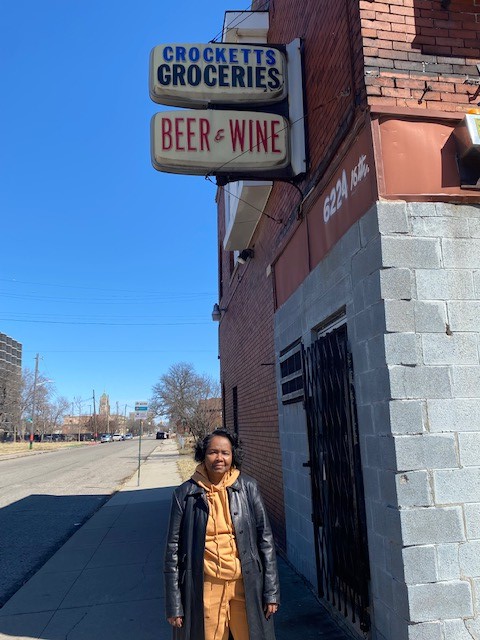
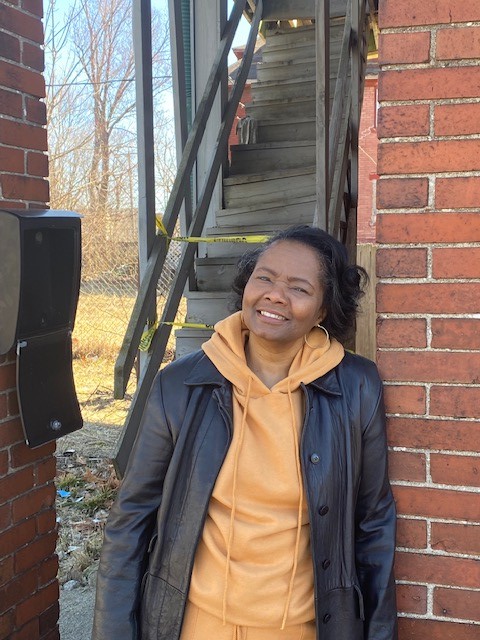
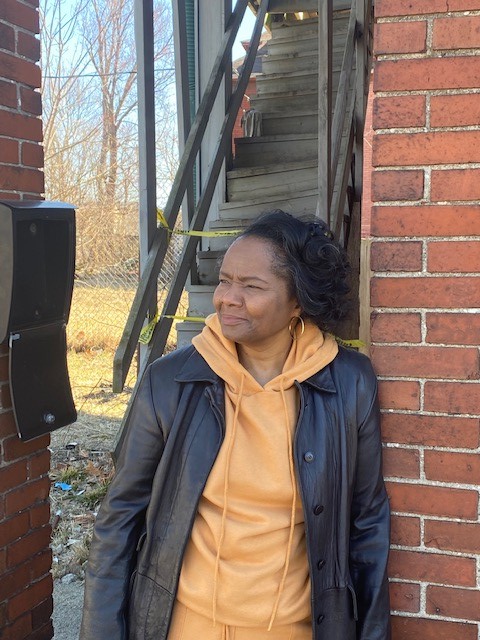
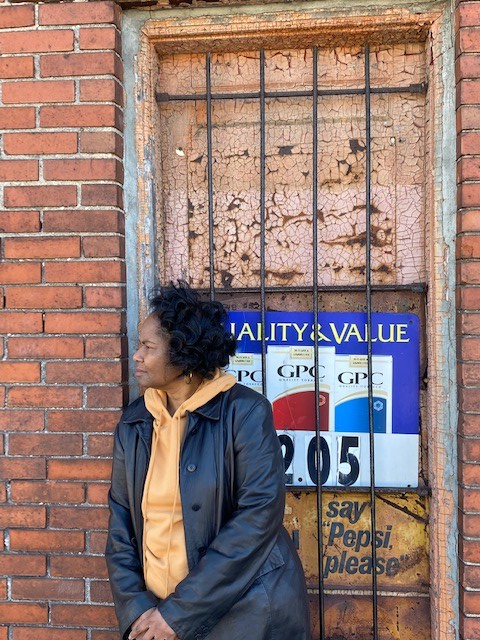
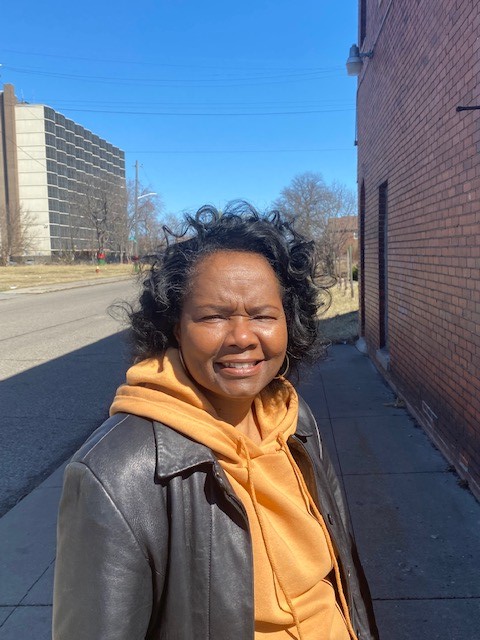
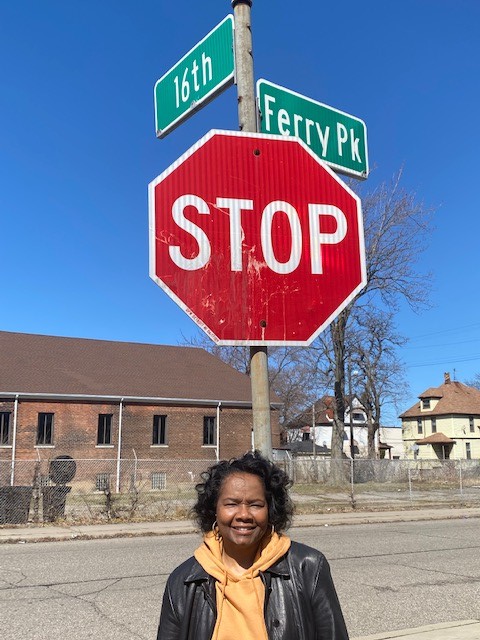
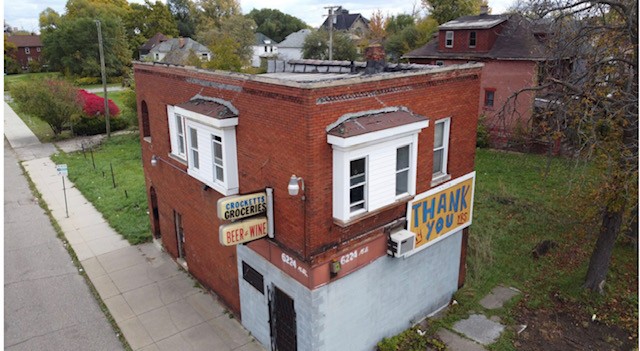
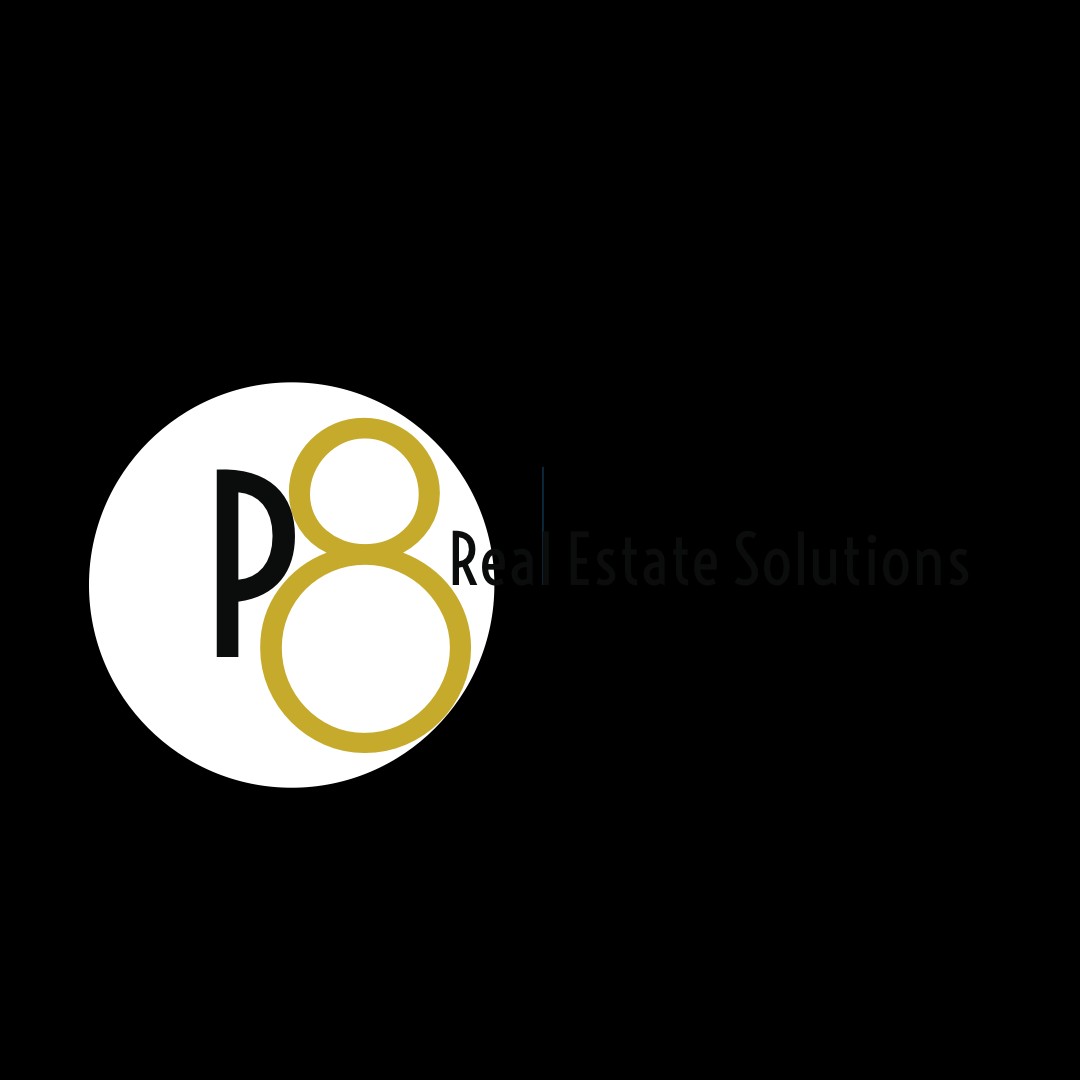
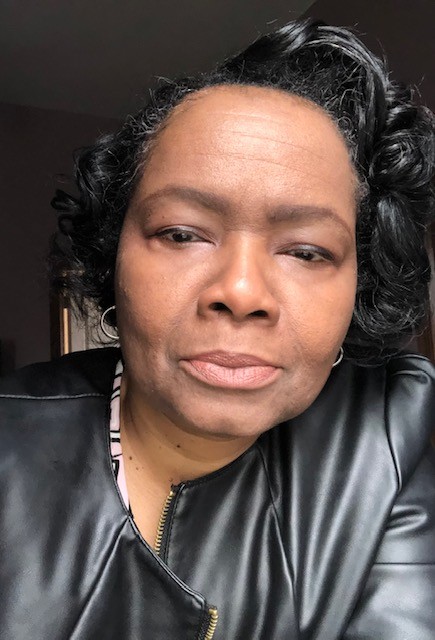
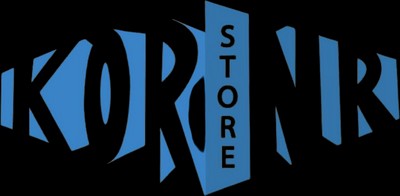
Image Credits
Brinda Devine
Kornr Store











